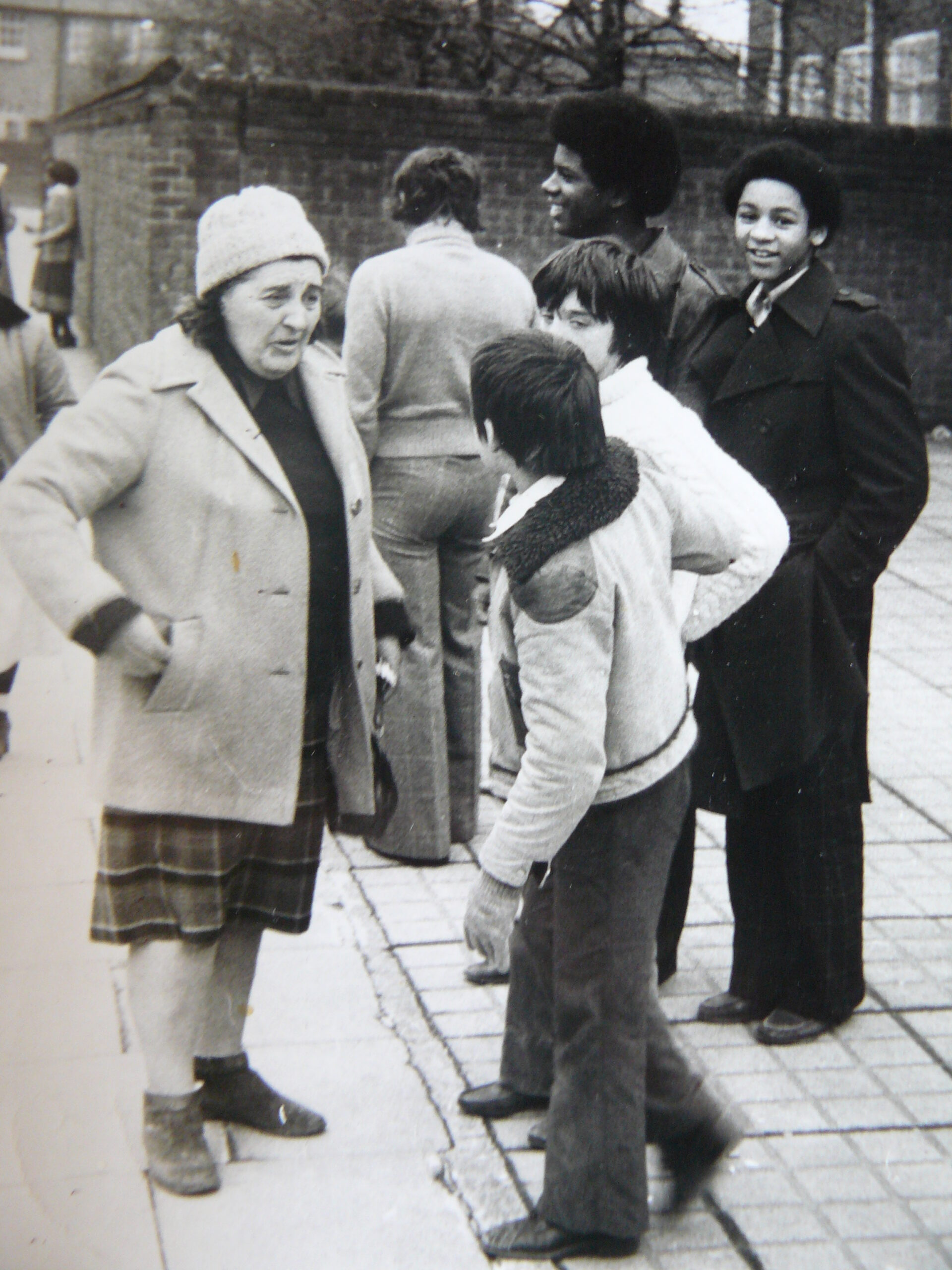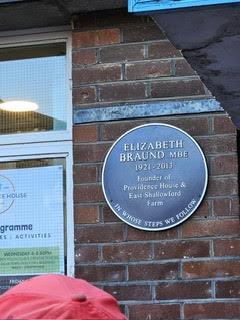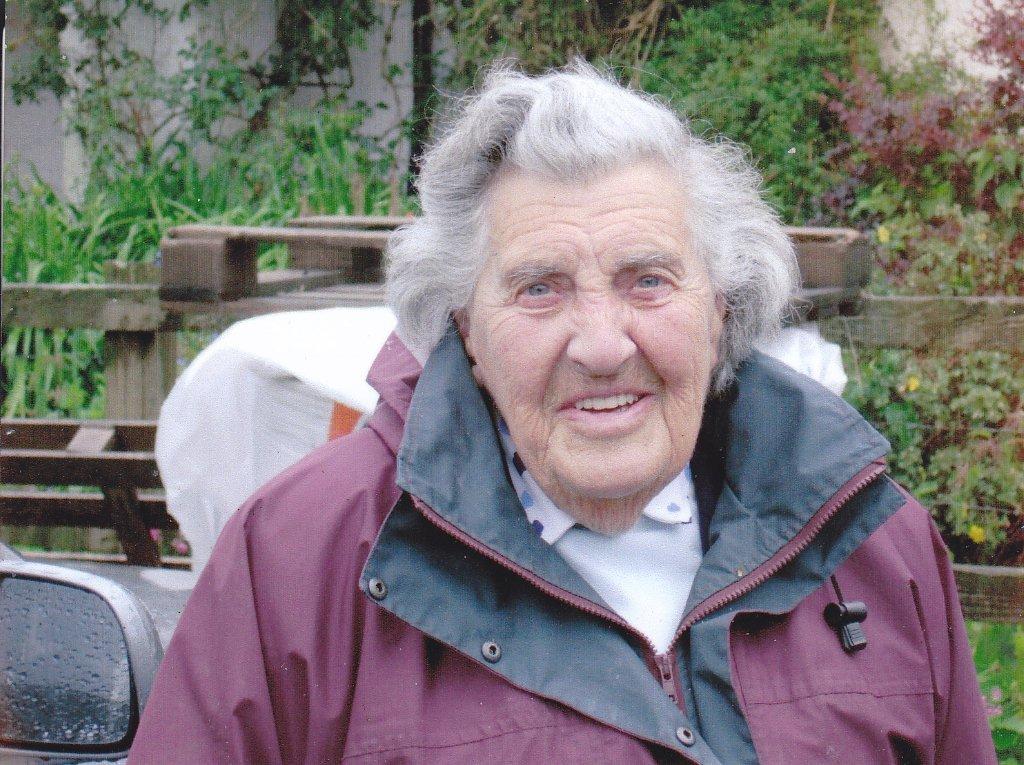On this day in 1921, Elizabeth Margaret Braund was born in South Kensington to Isabel Braund and Henry Braund, later knighted as Sir Henry Braund.
She had a privileged upbringing and a largely private education, and perhaps this, along with her experiences in India during the War, and subsequent script writing career for the BBC and other organisations, may have prepared her for what would become an unusual career.
She was the founding editor of the Evangelical Magazine, a robust and thoughtful bi-monthly periodical that ran for fifteen years, but most significantly brought her to 1960s Battersea.

It was here that she took over the languishing old Providence chapel, out of whose semi-dereliction she pioneered a most enterprising youth work, that become known as Providence House. She masterminded the transition from this old chapel among the bomb-damaged housing of north Battersea to a purpose-built youth and community centre on Falcon Road in 1970, from where the youth work still flourishes.
Providence House was on the edge of the extensive new housing developments near to Clapham Junction, and amongst all that was new, Elizabeth Braund discerned the potential tragedy of what was lost, namely connection to natural things in a concrete environment.
She conceived a ‘Lung for the City’ project, and in 1976 started a radically different kind of project for inner-city young people, establishing a farm on Dartmoor, called East Shallowford. It is still active and vibrant today, and in 2026, The Shallowford Trust, also founded by Elizabeth will celebrate 50 years of city to farm. In fact, yesterday Shallowford was interviewing for a new volunteer coordinator and partnership post to further strengthen the work.
There is a blue plaque outside Providence House, that commemorates Elizabeth’s pioneering work, that has the caption, ‘in whose steps we follow’. There is also a new block of flats soon to be opened in Battersea called ‘The Braund Mansions’ in acknowledgment of her work.

Outside the recently refurbished barn at East Shallowford is a bench that was bought for Elizabeth some years ago. Last year we fixed a small plaque to it that includes the words ‘faithfully she led one step ahead.’ There was something about Elizabeth that was both pioneering and doggedly persistent.
She continues to be an example and an inspiration to those of us still involved at Providence and Shallowford.
We all have heroes or people who inspires us, and that is very important. Many of us have people who inspire us on our spiritual or faith journey. It is important to have them, with the caveat that amazing as they were, each was diminished in some ways by their human failings. In the New Testament the writer to the Hebrews speaks of inspiring people.
He writes: ‘therefore since we are surrounded by such a great cloud of witnesses, let us throw off everything that hinders us.’
He also writes about our own journeys, to which we all have to commit: ‘and let us run with perseverance the road marked out for us.’
But he frames all of this inspiration and all of this dedication to go forward by talking about the one hero who is a hero above all – the ultimate inspiration:
‘Let us fix our eyes upon Jesus, the pioneer and perfecter of our faith, who for the joy set before him endured the cross, despising its shame, before he sat down (having completed) at the right hand of God.’ Hebrews 11.1-2.
Let us each run then with perseverance the road marked out for us.
If you want to know a bit more about Elizabeth Braund, find 4 episodes of a BBC Tv programme about her by putting her name into YouTube, or follow this link:
https://www.youtube.com/results?search_query=elizabeth+braund

